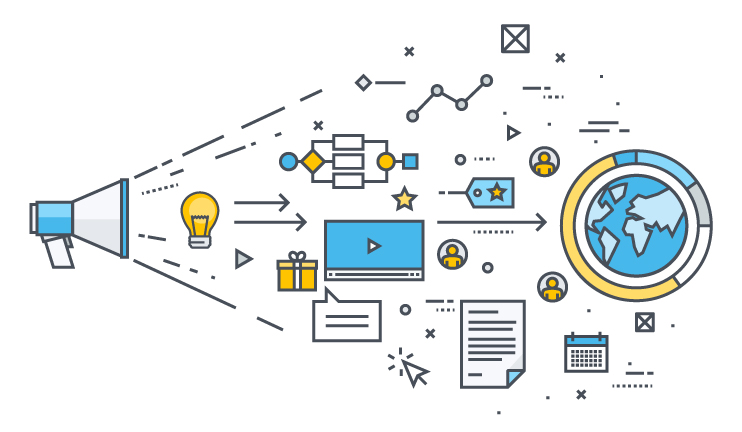Throughout this class, I have learned quite a bit about educational blogging. At first, my conceptual understanding of what blogging was entirely was very limited. I did not know educators and instructors used blogging to discuss concepts like educational methods and hot-topic issues. Blogs, in their purest form, create an open space for discussions around any and all topics. One does not need expert qualifications to create blogs. Educational blogs differ from other blogs in the sense that it focuses on students and the school system.
An educational blog is much more than a personal journal or diary Stephen Downes states in his blog entry Educational Blogging. By utilizing frequent updates, linking to useful resources, and reflecting a personal style, a blog is a tool that allows students and instructors to organize discussions centered around educational topics. For instructors, this can involve sharing instructional methods, creative ideas, classroom looks, discussion of state standards, and more. I have learned from my experience that while blogging is also useful for teachers, it can also be useful for students. Students can use blogs for classroom discussions, history or literature reports, daily reading journals, and so on. In both examples for teachers and students, blogging creates a creative space that links communities.
 |
| Several icons coming out of a megaphone referencing the spread of information |
While I find blogging to be helpful in finding resources and opening discussions, I am not sure if I will continue to use it as a teacher myself. Personally, I enjoy reading blogs more than I do writing them -- but that is not to say they aren't useful or productive. I find that, at the moment, I do not have enough experience for it. I think educational blogging is extremely useful when a well-rounded teacher presents their information or opinions. I also think I could find myself assigning my students to blog if it fits the lesson plans. Any way to keep my students engaged and excited about classwork is useful to me.
No comments:
Post a Comment